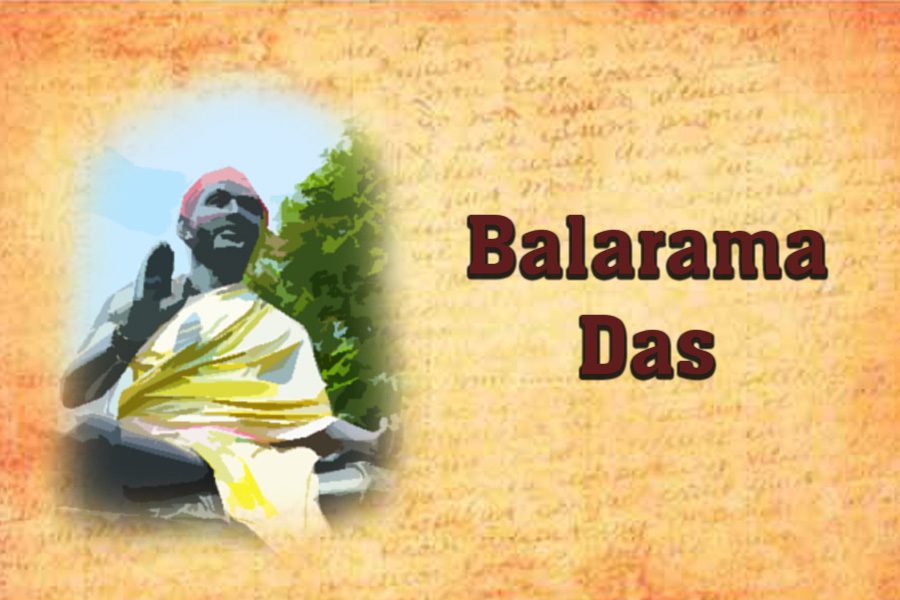Nilamani Bidyaratna was born at Brajabiharipur Sasan in 1867, in Cuttack district. His father was Sauri Charan Mishra, and mother Rohini Devi. His early education was in the village Pathshala, and subsequently he was admitted into the Baidyeswar Primary School. He was awarded scholarship in the school and completed his studies in Charchika Middle Vernacular School. He went to Cuttack for higher studies but could not continue his studies due to financial stringency of his father. Bidyaratna could not acquire any formal degree; he was largely a self-taught man, and read widely and deeply.
Coupled with his devotion to studies which was manifested from his early life was his commitment to social reforms and a nobility of character and purpose, which was almost rare in those days. One of his principal purposes was how to eradicate illiteracy and with that end in view he accepted teachership in Gopinathpur Primary School in Bamanda State, which he subsequently left to join as a teacher in Deogarh School, at Deogarh, the capital of Bamanda State.
In, course of time Bidyaratna came to be estabhshed as a renowned writer, poet, journalist, translator and editor of literary magazines as well as a patriot and social worker. His activities spread from Bamanda in the western Odisha to Khallikote and Badakhemundi, two states in the southern Odisha.
One of the persons who inspired him early in his career was the poet and the educator, Radhanath Ray, whose good offices in fact brought him in contact with the enlightened king of Bamanda at Deogarh. Subsequently Bidyaratna’s services were requisitioned at many places by a number of ex-feudatory kings who had a taste for literature and culture. His writings in Hitaishini, Prajabandhu, Ganjam-Gunadarpana, Utkal Madhupa, and Utkal Dipika, well-known journals of the time, show his involvement and range in contemporary literature and culture.
In a different way Pandit Bidyaratna was one among the pioneers who worked towards the integration of different parts of Odisha into one state. He also raised his voice against child marriage, dowry system as well as against other prevalent social vices and used literature as a sharp, effective instrument to achieve his social objec-tives. He is respected today as a sober, serious writer who wrote in inimitable prose with great clarity and under-standing.
Odia Books By Nilamani Bidyaratna
Hitaishini
Prajabandhu
Ganjam-Gunadarpana
Utkal Madhupa
Utkal Dipika


